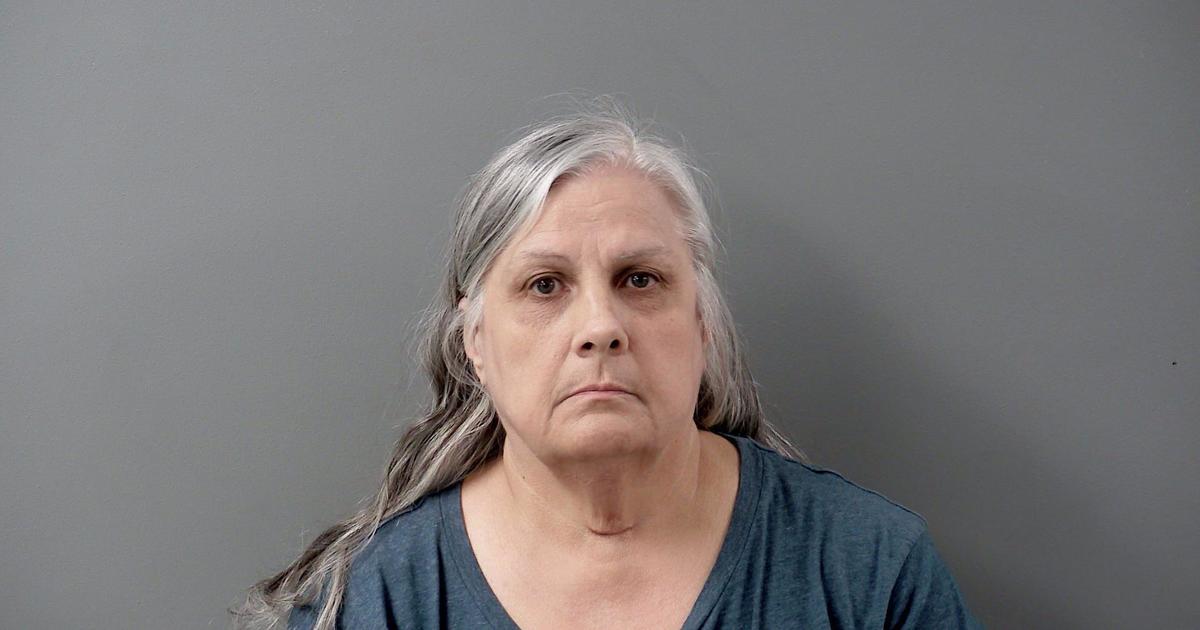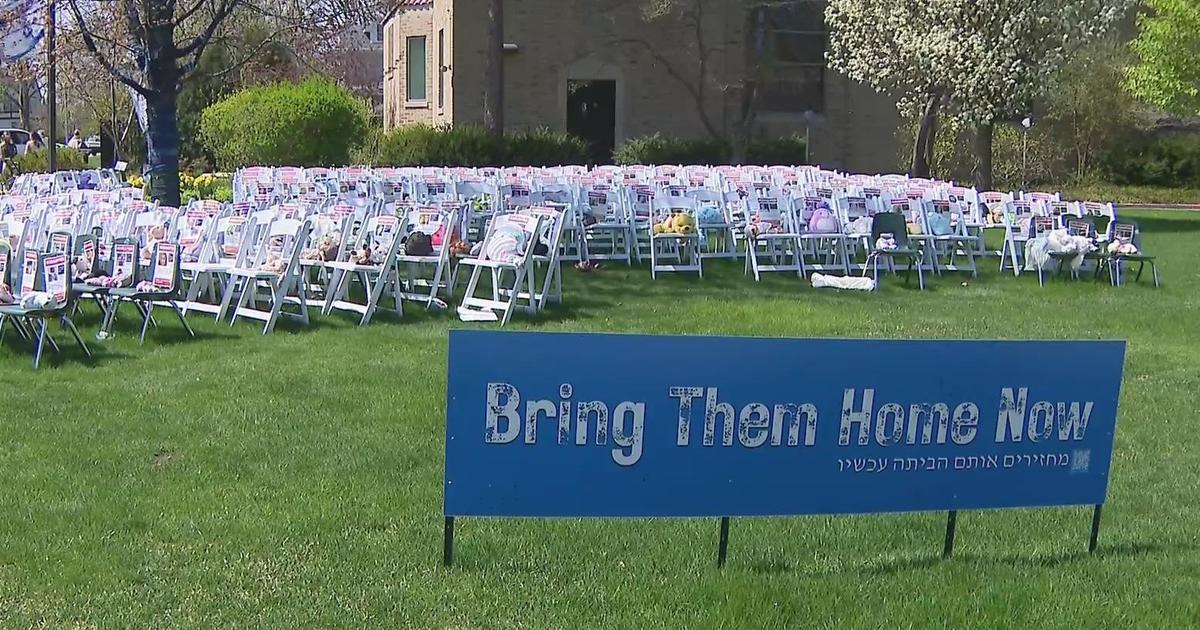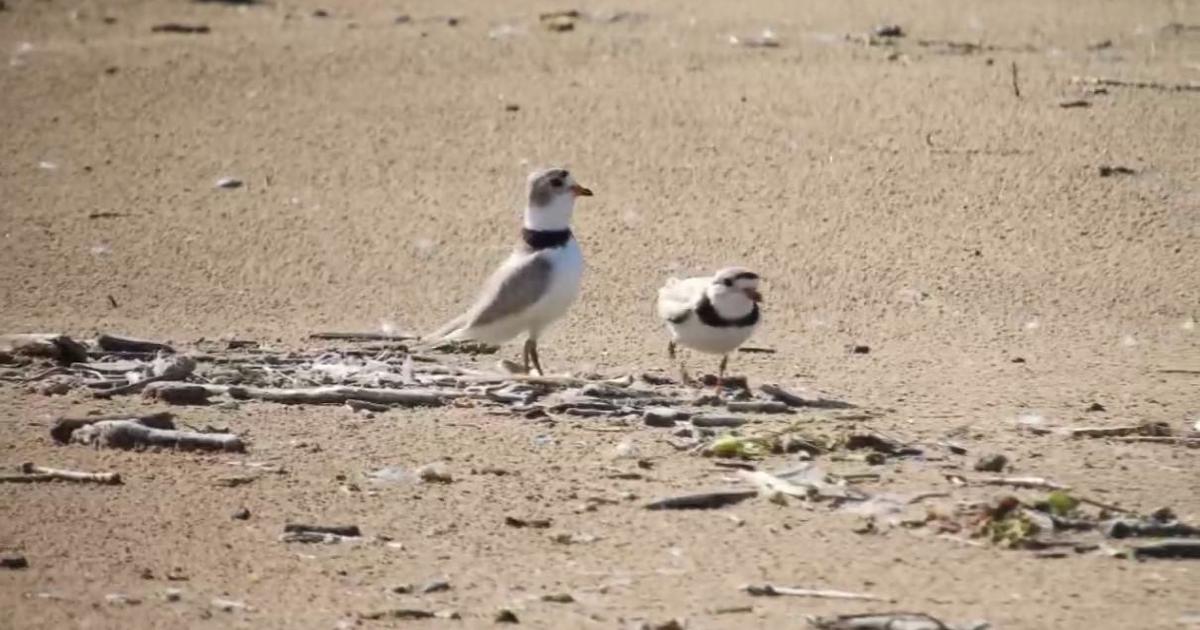Science Author's New Book Discusses Ethics Of Cell Use
CHICAGO (CBS) - Science author Rebecca Skloot has opened a medical Pandora's box with her book, "The Immortal Life of Henrietta Lacks." She addressed The Chicago Council on Science and Technology at Northwestern Tuesday night to tell her remarkable story. CBS 2's Bill Kurtis reports.
Sixty years ago, Henrietta Lacks was a poor southern tobacco farmer who came down with ovarian cancer.
Doctors treated her, but without her knowledge, they used a tissue sample of her tumor for research, and it became one of the most important tools in medicine.
"And scientists around the world had been trying to grow human cells outside the body for decades and it had never worked," said Skloot. "And no one knows exactly why to this day, but her cells just never died."
And so, Henrietta Lacks became immortal. Her cells went everywhere.
"Scientists had no idea what the difference was between cancer cells and normal cells, so they did a lot of basic biology with them," said Skloot. "But they were also used to help develop the polio vaccine. They went up in the first space missions to see what would happen to human cells in zero gravity."
"Her cells were the first ever cloned. Her genes were some of the first ever mapped. And they were used to create some of our first ever cancer medications and the HPV vaccine," Skloot added.
Henrietta Lacks died and never knew what happened to her cells. But her family did, and raised some interesting questions. Did her cells feel pain? Did they contain her soul? Those questions have doctors talking.
"The issue of who owns your body, what do you do with people's cells once you harvest them, what kind of OK should you get from an individual?" said Dr. Alan Schriesheim.
Rebecca Skloot's book comments on ethics, scientific ethics, and the critical issue of what you should do with a disease like cancer. The societal questions come out in the book.
And most important, in the future, we'll be able to look at a cell and tell whether we're going to get Alzheimer's, breast cancer or another disease.



